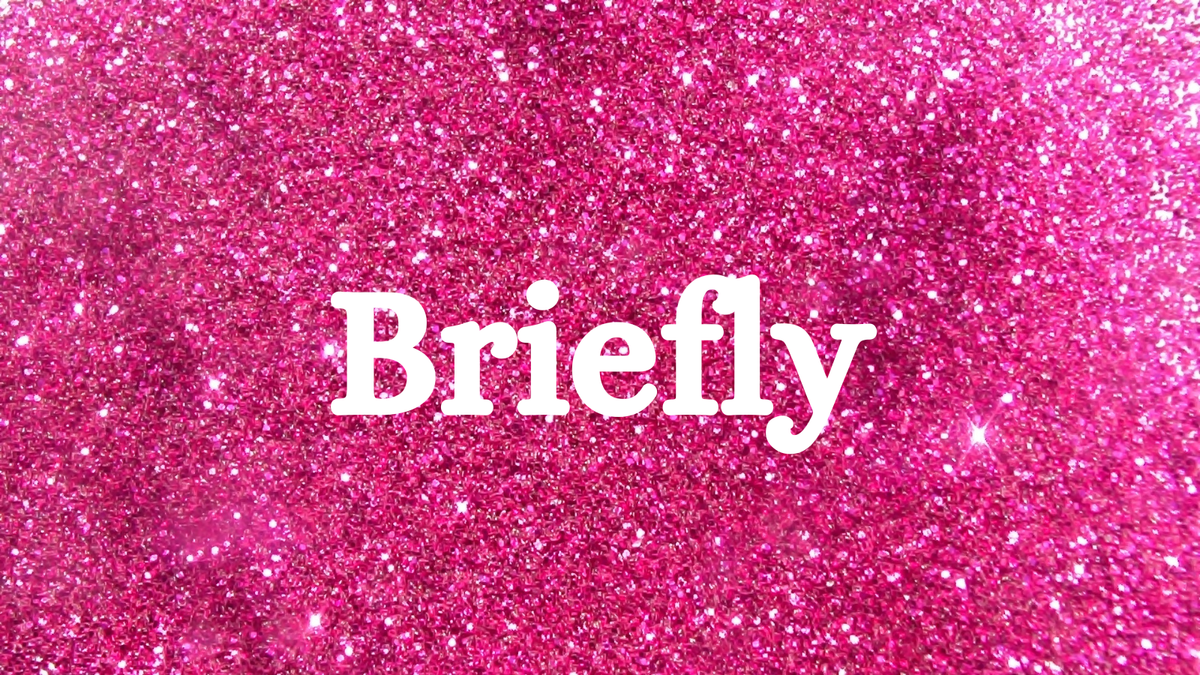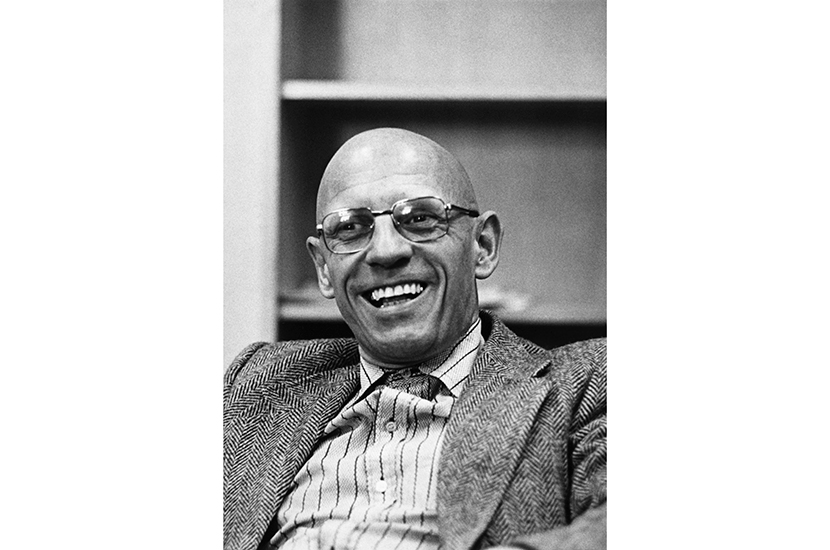Foucault was a Pedophile?
And introducing one of the themes of Part III of The Existence Strikes Back project: The rise of the irrational.

I just learned about the credible allegations (first made in 2021, it appears) that Michel Foucault was a severe pedophile. My reaction:
"Sheesh. For the first time in my life, I didn't write off a raving homosexual as a mentally disturbed individual that merited no consideration, and it turns out he was probably a pedophile."
I hope to write more about it later, but for now, suffice it to say:
- I'm a bit embarrassed, but dang it, why do such things come to light more than 30 years after the freak died?
- I don't think this eliminates Foucault as a great thinker, but it certainly casts severe doubts on such status.
- Genius can accompany derangement and evil. The biggest question is, can good genius come from a unit that is deranged and evil? That's highly doubtful. It's the principle of connaturality, which Thomas Aquinas wrote about and that galvanized E. Michael Jones modern classic, Degenerate Moderns.
- I'm more firmly convinced that homosexuality is just like alcoholism . . . maybe with an autism-like spectrum analysis thrown in. You can be a guy with a mild drinking problem ("1" on the spectrum) or a broken-down bum in the gutter ("10"). You can be a homosexual in a committed relationship ("1") or you can be a pederast of the severest degree who knowingly contracts AIDS in San Francisco bathhouses in the 1980s and spreads it to others ("10").

Stuart Jeffries, it should be noted, excoriates Foucault's behavior in the above article but also seems to believe he's a thinker to be read:
Like these fellow disenchanted soixante-huitards, Foucault junked the left’s abasement before Marx and Freud in favour of a new false secular idol: norm-free libidinal relativism. You don’t have to be Harvey Weinstein to buy into that philosophy, but it might help.
It is a short step from this fixation on desire, argue the authors of The Last Man Takes LSD — a fascinating study of Foucault’s American years — to dabbling in the then-current neoliberal thought which Foucault encountered while teaching in California in the 1970s. He liked the idea of busting down the welfare state, which he believed had created dependent, docile subjects.
He heretically supported both the conservative French president Valéry Giscard d’Estaing and the Iranian revolution, while denouncing the dirigisme of the French communist and socialist parties. He had more in common with Thatcher and Reagan than Mitterrand. Maybe if Truss had read Foucault carefully she might have realised how much she shares with him.
Loosely-Related
The Rise of the Irrational
This article from The Spectator contains this interesting statement:
Sorman, who gave the interview to publicise his book Mon dictionnaire du Bullshit — an indictment of irrationalist thought for which he thinks the likes of Foucault were responsible — said he regretted not telling the police, but that Foucault’s status as philosopher king made him fearful of doing so.
"Irrationalist thought." That's a large part of the third part of the "Existence Strikes Back" project. Anti-modern thought is often irrational thought: it recoils against Enlightenment rationalism and its left-hemispheric invasion. McGilchrist touches on it in The Master and His Emissary, writing that the rise of the experience of the "uncanny" is the "darker side of the age of the Enlightenment."
In her absorbing study of the phenomenon, The Female Thermometer: Eighteenth-Century Culture and the Invention of the Uncanny, Terry Castle explores the elements of phantasmagoria, grotesquerie, carnivalesque travesty, hallucinatory reveries, paranoia, and nightmarish fantasy which accompanied [the] Enlightenment. There is an important common element to the classic loci of the uncanny. . . . Castle refers to:
doubles, dancing dolls and automata, waxwork figures, alter egs, and 'mirror selves,' spectral emanations, detached body parts ('a severed head, a hand cut off at the wrist, feet that dance by themselves'), the ghastly fantasy of being buried alive, omens, precognition, deja vu . . ..
The Master, p. 350.





